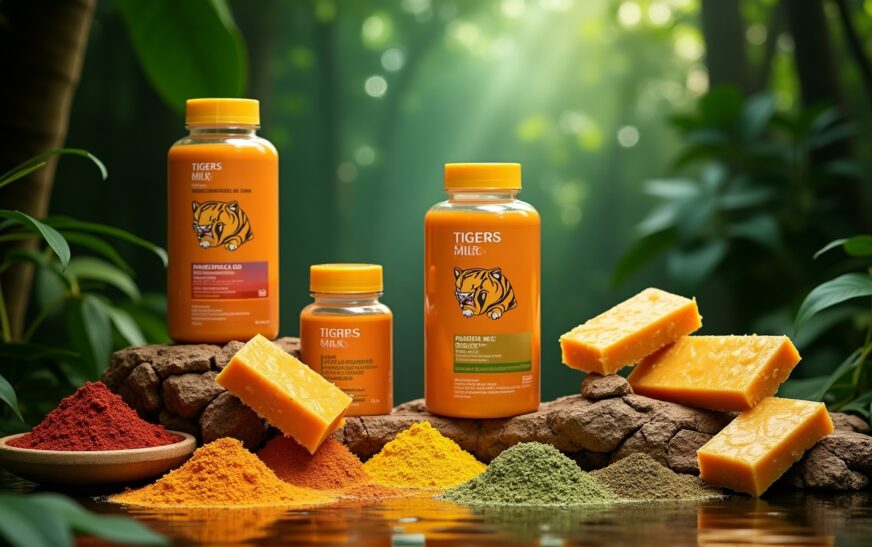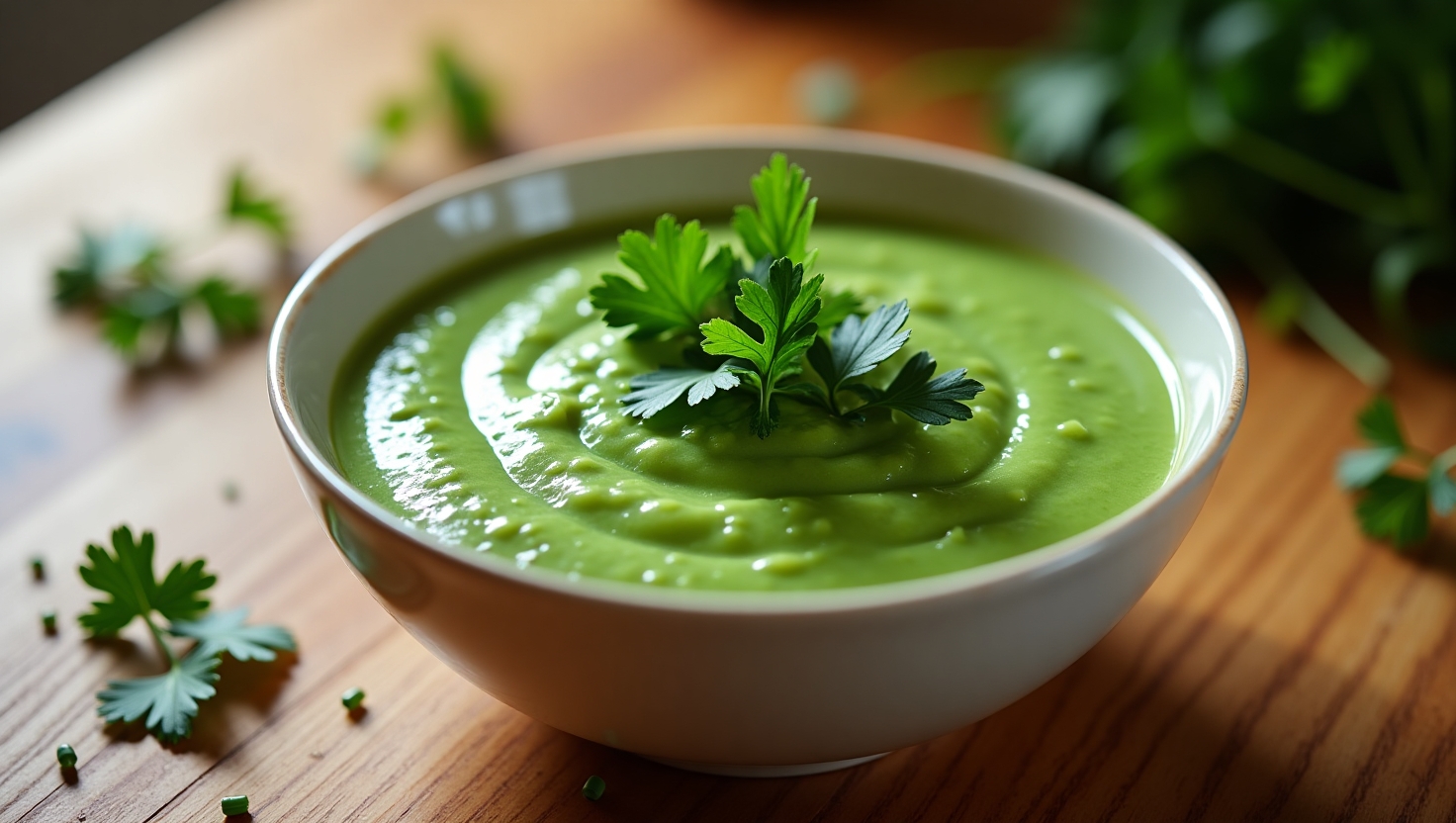Table of Contents
A milk that promises the strength of a tigertoo good to be true? In the world of wellness, new superfoods constantly emerge, often with bold claims and little science. One such contender currently catching attention is Tigers Milk.
But what exactly is Tigers Milk? Depending on the context, it can refer to a botanical extract like the sap of the Virola elongata tree used in traditional Amazonian medicine or to modern health products such as protein shakes, energy bars and herbal tonics marketed as vitality boosters.
In this article we explore the true essence of Tiger Milk. From its cultural roots to its commercial evolution we evaluate its claimed health benefits analyze scientific support and uncover any controversies. Is this natures secret weapon or just another overhyped trend? Lets dive in.
Origins and Types
Tigers Milk isnt a single standardized substanceits meaning varies across contexts.
In indigenous Amazonian cultures “Tigers Milk” refers to the milky sap of the Virola elongata tree. This resinous sap is considered sacred and used by shamans for its purported psychoactive and healing properties believed to connect the user to spiritual realms and enhance vitality.
In Southeast Asia similar white saps from various trees and plants are used in traditional tonics for energy and healing.
Fast forward to modern times Tigers Milk has taken on a new identity. Its the name of a popular line of protein bars developed in the 1960s by bodybuilder Joe Weider meant to fuel workouts and recovery. Today youll find various commercial products marketed as Tigers Milkfrom plant based protein powders to adaptogen packed supplements. These often combine ingredients like maca root ashwagandha and ginseng for a natural energy boost.
Claimed Health Benefits

Tigers Milk is touted as a powerhouse for various health benefits. Here are the most commonly claimed advantages:
- Boosts Immunity: The botanical version from Virola elongata is believed to strengthen the immune system based on its antioxidant and anti inflammatory properties. A 2018 ethnopharmacological review published in Journal of Herbal Medicine notes the saps use among indigenous communities for fighting infections.
- Enhances Energy and Stamina: Commercial products labeled as Tigers Milk often contain adaptogens like maca and ginseng both known for reducing fatigue and enhancing endurance. Numerous studies including a 2020 clinical trial in Nutrients link maca root with improved physical performance.
- Supports Muscle Growth: The original Tigers Milk bars were protein rich designed for athletes and bodybuilders. Current supplements with high protein content support muscle repair and development especially when consumed post workout.
- Improves Skin Health: Some formulations include antioxidants and vitamins like A C and E which are essential for skin repair and glow. While evidence is mostly anecdotal user testimonials report better skin texture after consistent use.
These benefits vary depending on the form of Tigers Milk consumed. While some are backed by research others rely heavily on traditional knowledge or customer reviews.
Scientific Validation
Despite its rising popularity Tigers Milkparticularly the botanical variantlacks extensive clinical validation.
There are limited peer reviewed studies on Virola elongata sap. Its use in indigenous rituals has been documented anthropologically but its medicinal efficacy remains scientifically unverified.
In contrast modern commercial Tigers Milk products often contain well researched ingredients like maca root and ginseng. For instance the American Journal of Clinical Nutrition recognizes ginsengs impact on fatigue and cognitive function.
Nutritionists note that while Tigers Milk supplements may offer benefits due to their ingredients the name itself is a marketing term and not a medically recognized product. As such the effectiveness depends entirely on the formula behind the label.
Controversies & Misconceptions
With buzz comes backlash. Here are the main controversies surrounding Tigers Milk:
- Marketing Exaggerations: Many products use the name “Tigers Milk” to evoke strength and vitality but not all formulations are transparent about their ingredients. This misleads consumers into thinking its a miracle product.
- Potential Side Effects: The raw botanical sap can be psychoactive and should be used with caution. Improper use may cause nausea hallucinations or allergic reactions.
- Wellness Culture Trends: Like many superfoods Tigers Milk risks being over commercialized. The wellness industry has a history of hyping products without rigorous testing reducing ancient traditions to mere trends.
Consumers should differentiate between traditional Tigers Milk and commercial versions reading labels and researching formulations.
Comparison with Other Superfoods
Heres how Tigers Milk stacks up against other popular superfoods:
| Superfood | Key Benefit | Drawbacks | Common Use |
|---|---|---|---|
| Tigers Milk | Energy immunity recovery | Varies by product | Shakes bars teas |
| Ashwagandha | Stress relief mood boost | Drowsiness GI upset | Capsules powders |
| Maca Root | Libido stamina energy | Hormonal effects | Smoothies pills |
| Ginseng | Cognitive & physical boost | Insomnia headaches | Teas supplements |
While Tigers Milk offers versatility its inconsistency across forms may limit its credibility. In contrast ashwagandha and ginseng have more robust scientific support.
Usage in Diet & Wellness

Depending on the form Tigers Milk can be integrated into daily wellness routines:
- Smoothies & Teas: Powdered blends or sap infusions are popular among wellness enthusiasts.
- Energy Bars: Ready to eat options make it easy for gym goers and busy individuals.
- Capsules/Supplements: Ideal for those seeking targeted health benefits.
Its most popular among athletes fitness buffs and older adults seeking natural vitality boosters.
Dosage & Safety: Always follow manufacturer guidelines. For botanical sap consult an herbalist or health professional especially since psychoactive properties are a concern. Most commercial products recommend 1 to 2 servings per day. Side effects may include mild digestive discomfort or allergic reactions.
Conclusion
Tigers Milk is a fascinating blend of traditional wisdom and modern marketing. Its roots in indigenous medicine give it cultural significance while contemporary products offer a convenient way to explore its potential.
While the name may be more branding than biology many Tigers Milk products provide legitimate health benefits through their ingredients. However scientific research specific to Tigers Milk is still limited.
It may not be a miracle elixir but its certainly not all hype either. Its effectiveness depends on the specific formulation and your bodys needs.
Have you tried Tigers Milk in any form? Share your experience in the comments belowand dont forget to do your research before buying into the hype.
Frequently Asked Questions
What is Tigers Milk made of?
It varies it could be a tree sap Virola elongata or a mix of adaptogens and proteins in commercial supplements.
Is Tigers Milk safe to consume daily?
Yes most commercial versions are safe in moderation. Always follow dosage guidelines.
Can Tigers Milk help build muscle?
Protein rich versions can support muscle recovery and growth.
Does Tigers Milk really boost energy?
Yes especially if it includes ingredients like maca or ginseng.
Is Tigers Milk a natural product?
Traditional forms are natural but commercial versions varyread the label for ingredients.










